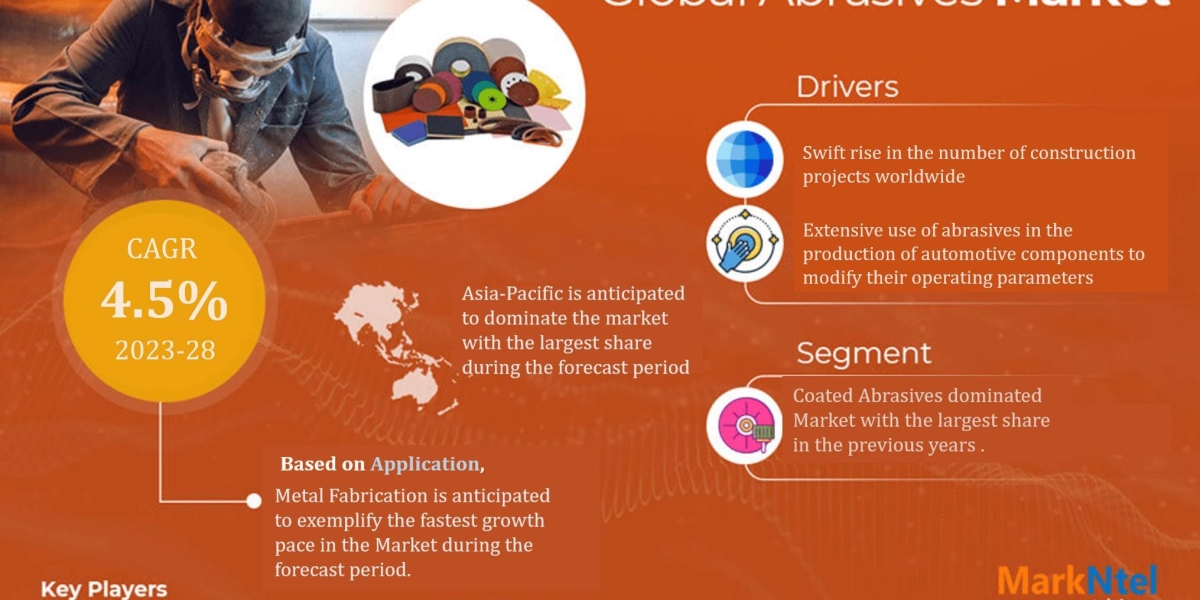Seasonal demand forecasting is a crucial strategy for businesses impacted by periodic changes in consumer behavior. Whether it's the peak of holiday shopping or a seasonal dip in tourism, accurate predictions of these fluctuations can significantly enhance a company's profitability and efficiency. thouSense, with its advanced forecasting technologies, aims to transform how businesses anticipate and respond to seasonal demands. This blog explores the effectiveness of thouSense in providing more accurate seasonal trend forecasting.
Understanding Seasonal Demand
The Basics of Seasonal Demand and Its Importance Before diving into the capabilities of thouSense, it’s essential to grasp the concept of seasonal demand.
- Definition: Seasonal demand refers to fluctuations in business activity that correspond with specific seasons or events.
- Predictability: While some seasonal trends are predictable, others may vary significantly from year to year.
- Impact on operations: Accurately predicting these seasonal forecasting is crucial for managing inventory, staffing, and marketing efforts.
- Revenue optimization: Effective forecasting helps maximize revenue during peak periods and minimize losses during off-peak times.
- Customer satisfaction: Ensures that businesses meet customer demand without overstocking or stockouts.
- Challenges: Traditional forecasting methods often struggle with the rapid changes and unpredictability of market forces.
thouSense's Role in Enhancing Accuracy
How thouSense Improves Seasonal Forecasting
thouSense uses cutting-edge technologies to enhance the accuracy of seasonal demand forecasting.
- Advanced algorithms: Utilizes machine learning algorithms that learn from historical data and improve over time.
- Real-time data analysis: Incorporates real-time market data to adjust forecasts promptly.
- Customization: Offers customized solutions tailored to the specific needs of each business.
- Integration capabilities: Easily integrates with existing business systems for seamless data synthesis.
- Predictive analytics: Employs predictive analytics to anticipate market trends before they fully develop.
- User-friendly dashboards: Provides intuitive dashboards that allow businesses to easily interpret and act on forecast data.
Leveraging Big Data for Forecasting
Utilizing Large Datasets to Predict Seasonal Demands Big data is at the core of modern forecasting, and thouSense effectively harnesses this resource.
- Data volume handling: Manages large volumes of data from diverse sources.
- Complex data analysis: Analyzes complex data sets to identify subtle patterns and seasonal trend forecasting.
- Accuracy in predictions: Enhances the accuracy of predictions through detailed data analysis.
- Scalability: Scales up to accommodate the growing amount of data as businesses expand.
- Speed of processing: Processes data quickly to provide timely forecasts.
- Historical and current data synthesis: Combines historical data with current seasonal trend forecasting for a more comprehensive analysis.
Predictive Analytics in Seasonal Forecasting
Forecasting Future Trends Based on Past and Present Data Predictive analytics is a cornerstone of thouSense’s approach to forecasting.
- Trend analysis: Analyzes past trends to predict future seasonal demands.
- Customer behavior modeling: Models customer behaviors based on demographic and psychographic data.
- Scenario planning: Allows businesses to simulate various scenarios and their potential impacts on demand.
- Risk assessment: Identifies potential risks associated with different forecasting scenarios.
- Accuracy and reliability: Offers a high level of accuracy and reliability in forecasts.
- Decision support: Provides robust data to support strategic business decisions.
Machine Learning and Seasonal Forecasting
Enhancing Forecast Accuracy with Machine Learning Machine learning is pivotal in refining the forecasting models used by thouSense.
- Algorithm adaptation: Continuously refines algorithms based on new data.
- Pattern recognition: Excels in recognizing complex consumption patterns associated with seasonal changes.
- Automated learning: Automatically updates models to incorporate the latest seasonal trend forecasting and data.
- Minimization of human error: Reduces the likelihood of human error in data analysis and forecasting.
- Efficiency in forecasting: Increases the efficiency and speed of the forecasting process.
- Customizable models: Allows for the customization of forecasting models to suit specific business needs.
Real-Time Data Utilization
Incorporating Live Data for Up-to-the-Minute Accuracy Real-time data integration is critical for adjusting to sudden market changes during seasonal peaks.
- Immediate data capture: Captures and analyzes data as it becomes available.
- Dynamic forecasting adjustments: Updates forecasts dynamically as new data is received.
- Enhanced responsiveness: Improves business responsiveness to unforeseen changes in demand.
- Integration with IoT: Integrates with IoT devices to collect real-time consumer and market data.
- Feedback loop: Creates a feedback loop that continuously improves the accuracy of forecasts.
- Operational agility: Increases operational agility by providing businesses with the ability to quickly adapt to market conditions.
Cloud-Based Forecasting Technology
The Advantages of Cloud Computing in Forecasting Cloud technology supports the scalability and accessibility of thouSense’s forecasting tools, enhancing flexibility and performance.
- Accessibility from anywhere: Ensures that forecasting tools are accessible from any location, enhancing flexibility.
- Scalability on demand: Allows businesses to scale their forecasting needs up or down based on seasonal demand.
- Cost efficiency: Reduces costs by eliminating the need for extensive on-premises infrastructure.
- Enhanced collaboration: Facilitates collaboration among teams by providing shared access to forecasting tools.
- Data security: Offers robust security features to protect sensitive forecasting data.
- Continuous updates: Provides continuous updates and improvements without requiring manual intervention.
Conclusion
thouSense provides a sophisticated suite of tools that significantly enhance the accuracy of seasonal demand forecasting. By integrating advanced technologies like machine learning, big data analytics, and cloud computing, thouSense enables businesses to not only anticipate seasonal peaks and troughs more accurately but also to strategize effectively to meet these demands. Embracing thouSense’s capabilities allows companies to stay ahead in a competitive market by optimizing their operations and meeting customer expectations efficiently.
Explore our AI-based SaaS platform to predict sales volume and demand trends. To know more, visit: https://thouSense.ai/pricing
Source: https://diigo.com/0xhowv









